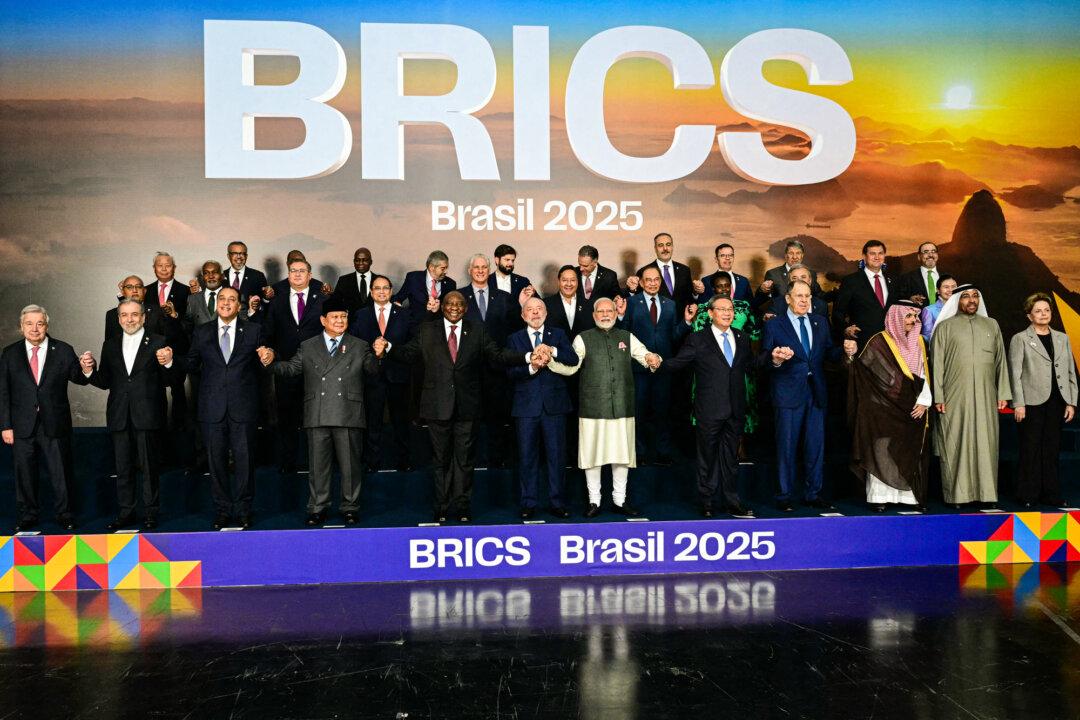Commentary
Both President Donald Trump and China leader Xi Jinping have some tough decisions to make regarding Hong Kong and the ongoing trade war. For one, both houses of Congress have passed the Hong Kong Human Rights and Democracy Act of 2019. The bill is now headed to Trump’s desk for his signature.
Will he sign it?
A Question of Good Versus Evil
The battle between the Chinese Communist Party (CCP) and the pro-democracy protesters in Hong Kong is fundamentally a contest between good and evil. The world needs to stand up against China’s massive threat of oppression against the people of Hong Kong. To his credit, Trump has very publicly—and correctly—voiced his support of the protesters, saying, “I stand with Hong Kong. I stand with freedom.” And just as importantly, he has linked the outcome of U.S. trade negotiations with China’s treatment of the Hong Kong protesters.
But, Trump also added, “But we are also in the process of making the largest trade deal in history. And if we could do that, that would be great.” Trump’s second statement would seem to cast doubt on his support for Congress’ so-called “Hong Kong bill.”
Is Trump vacillating?
Not really.
If the Hong Kong bill becomes law, it will require the United States to impose sanctions against China and Hong Kong for human rights abuses. It will also force an annual review by the U.S. State Department and others to determine if Hong Kong’s political status under China merits renewing Hong Kong’s special trade status for the coming year. In other words, it has teeth.
Not surprisingly, China was angered over the passage of the bill, claiming that it “seriously violated international law and basic norms governing international relations. China condemns and firmly opposes it.”
But will—or should—Trump sign the bill?
It actually works to Trump’s advantage if he does not sign the bill. Since it is veto-proof, the bill could become law whether he signs it or not. That lets Trump off the hook and still yet codifies U.S. sanctions against China and the annual review of Hong Kong’s special status.
Beijing won’t like it, but Trump can just shrug his shoulders and say, “that’s the way our American republic works.”





